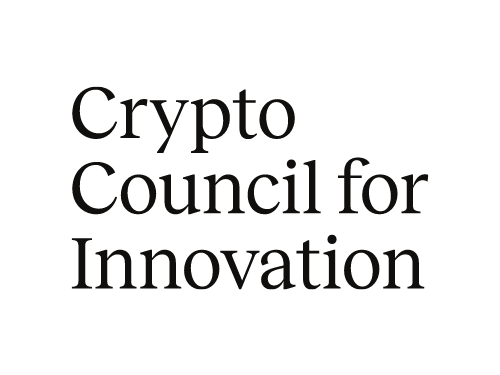In a critical step toward regulatory clarity, CCI’s Proof of Stake Alliance (POSA), in partnership with nearly 30 leading crypto organizations, submitted a comprehensive letter to the SEC’s Crypto Task Force urging the agency to provide clear guidance on the regulatory treatment of staking and staking services under U.S. securities laws.
The letter, addressed to Commissioner Hester Peirce, responds to the Commissioner’s call for public input on whether staking and liquid staking should be regulated under the federal securities laws. It argues that staking is fundamentally a technical process — not an investment activity — and urges the SEC to publicly acknowledge that staking and staking services do not constitute securities transactions. It also calls for the SEC to provide guidance on staking and staking services consistent with recent SEC statements, support responsible inclusion of staking features in exchange-traded products (ETPs), and avoid overly prescriptive rules that could freeze market structures and stifle innovation in the staking space.
What is Staking? Why Does It Matter?
Staking is a critical function for securing proof-of-stake (PoS) blockchain networks, where participants help validate transactions and secure the network in exchange for protocol-determined rewards.
To increase participation and accessibility, staking is often facilitated by third-party services, including:
- Self-Custodial Staking-as-a-Service (StaaS) platforms,
- Custodial Staking Providers (e.g., exchanges),
- and Liquid Staking Protocols.
Staking is not just a nice to have; it is the backbone of the decentralized internet.
Staking Secures Networks, but It’s Not a Security
The core legal argument in the letter is that staking — whether direct or via a service — does not meet the legal definition of an “investment contract” under the Howey test. Key points include:
- No investment of money: Stakers retain ownership of their assets and can withdraw them at any time.
- No expectation of profits from others’ efforts: Rewards are determined programmatically by the blockchain, not by the entrepreneurial efforts of the staking provider.
- Liquid staking tokens are not securities: They function more like warehouse receipts, representing continued ownership of the staked assets.
The letter also highlights that staking providers do not deliver profits through managerial decisions — unlike traditional businesses — and that reward rates are largely uniform across providers, reinforcing the idea that staking is a service, not an investment scheme.
What’s the Ask? Simple, Clear Guidance
The ask is straightforward: principles-based guidance for staking and staking services, similar to the SEC’s recent statement on Proof-of-Work (PoW) mining. The goal is to protect users while enabling growth of the staking industry, which is critical to the functioning of PoS blockchain networks.
The coalition of nearly 30 industry leaders argue that the existing securities disclosure regime is ill-suited for staking services, which are fundamentally technical rather than financial in nature. Rather than requiring providers to navigate registration requirements meant for capital markets, the letter recommends:
- Transparent disclosures of fees and slashing risks,
- Public audits of smart contract code,
- Clear user consent practices, and
- Accurate, non-promotional terminology.
To guide responsible practices, the letter reaffirms POSA’s previously released Staking Industry Principles, including:
- Avoiding promises of “enhanced” or “guaranteed” returns,
- Preserving user ownership of staked assets,
- Offering transparency into fee structures and unstaking mechanics,
- And ensuring that service providers do not control liquidity without user knowledge.
Protecting Innovation and U.S. Competitiveness
By providing clear, principles-based guidance, the SEC would ensure that the U.S. remains competitive in the rapidly growing digital asset market. International regulators — including in Canada, the U.K., and Hong Kong — have already provided preliminary clarity on staking, positioning their jurisdictions as more innovation-friendly than the U.S. The SEC risks falling behind unless it provides similar certainty.
The Road Ahead: Moving Toward Clear Rules for Staking
The industry has stepped up with one voice to make a clear case: staking is not a securities activity, and trying to regulate it as such would only hinder network security, stifle innovation, and undermine U.S. competitiveness in the digital asset space. Instead, the SEC should issue staff guidance akin to its recent statement on mining, affirming that staking can be offered responsibly outside the scope of the securities laws — in a way that facilitates user protection and network growth.
Who signed on:


























